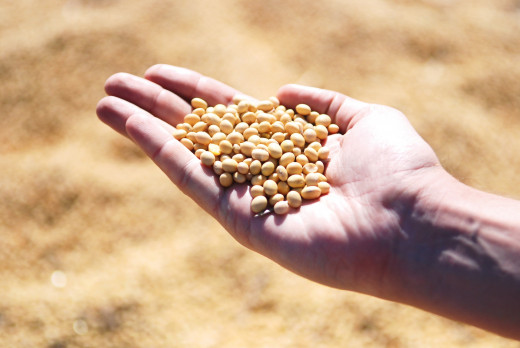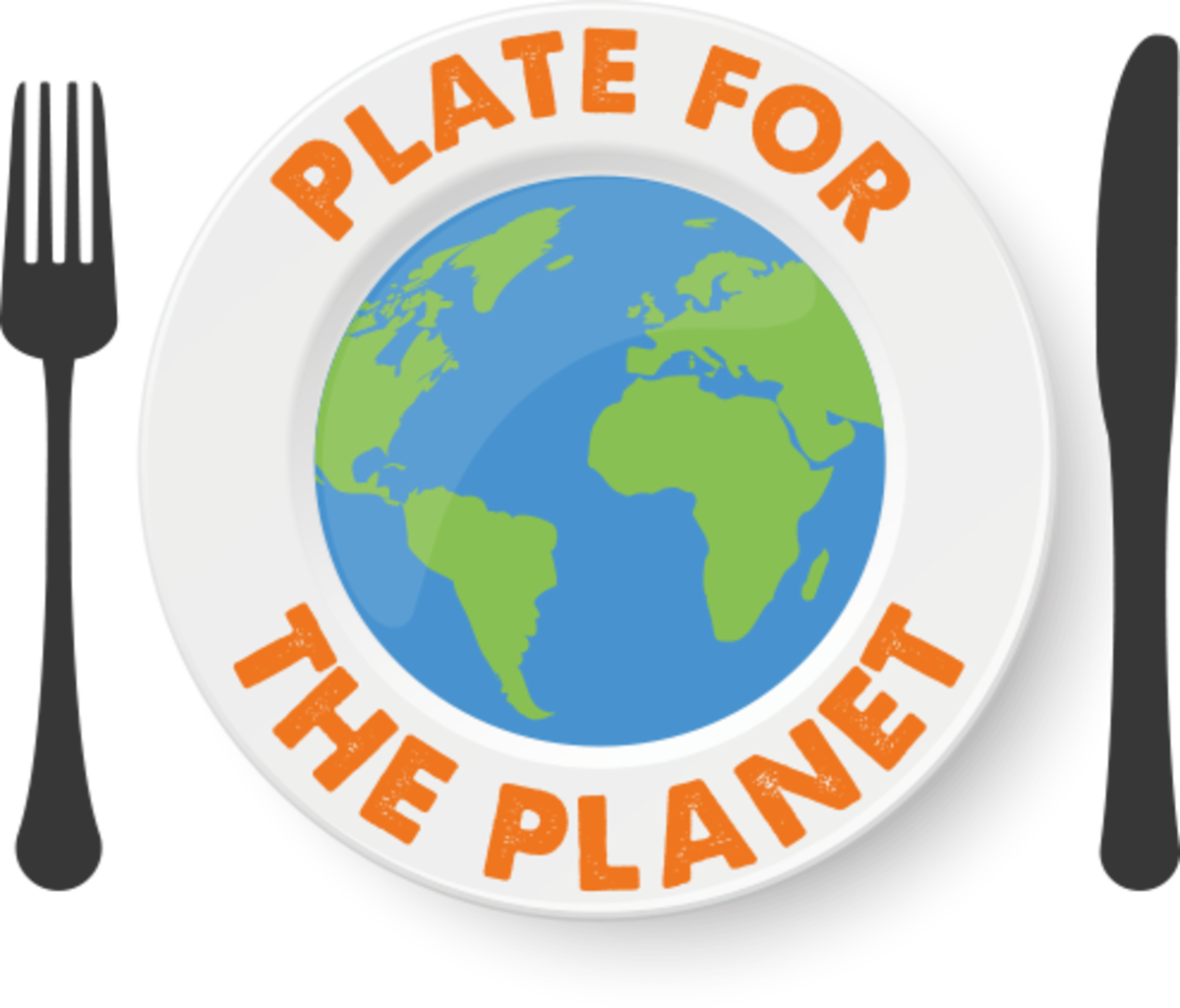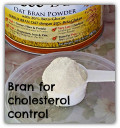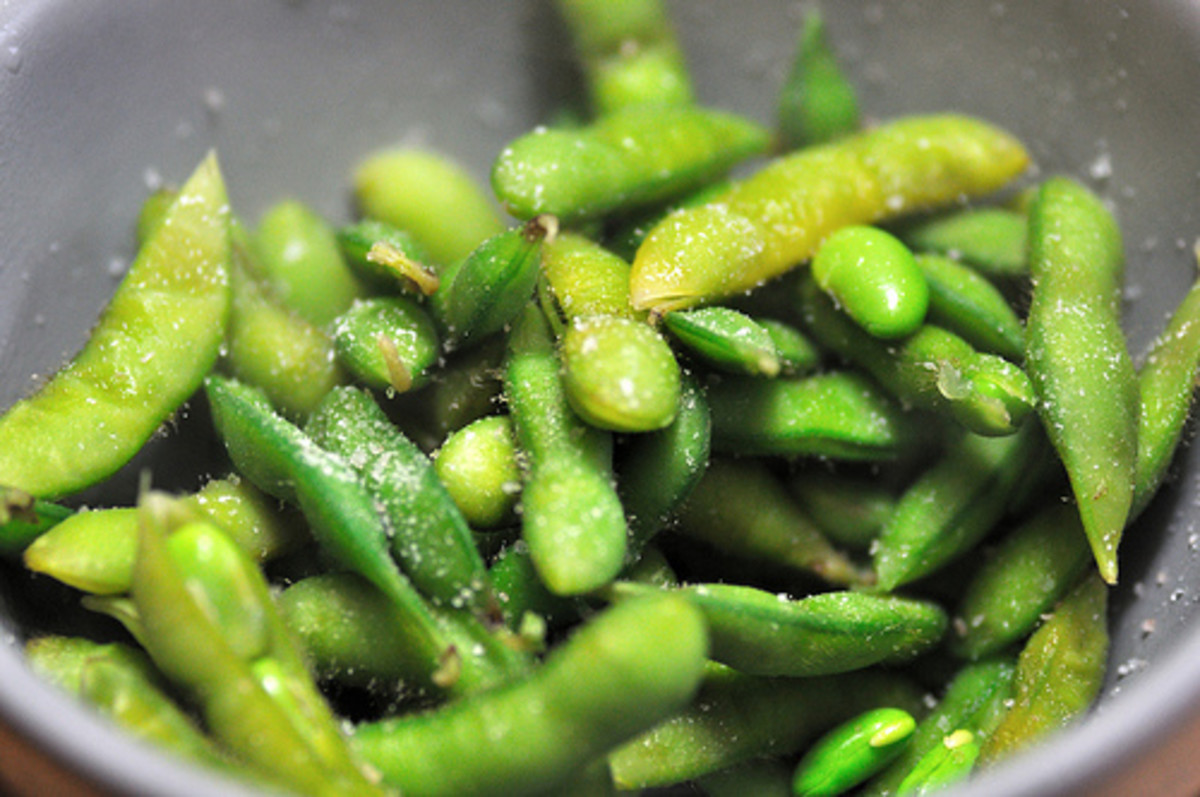It's "Soy" Good for You

When I was younger, I remember my mom telling me that we should be careful to not eat so much soy because it can impact a woman’s development. I immediately assumed she was talking about foods such as soy sauce, and I was bummed because I love soy sauce! Little did I know that there were two incorrect parts of this situation: 1. Soy sauce is not a pure form of soy, and 2. Soy is not bad for you.
Most people have heard that soy is harmful and that you should avoid it completely. This article on the Paleo Leap goes into several of the myths floating around in the health industry about the dangers of soy. Some claims say that soy inhibits thyroid function and alters hormone levels. The thing about soy is that when it is in an isolated form, yes, it can create problems; when soy is in its whole, natural form, it is a perfect protein that provides us with all of our essential amino acids.
Harvard Health
A Harvard Health letter from 2018 discusses the FDA’s desire to remove the “health claim that eating soy protein may help reduce the risk of heart disease.” This would require companies to remove any labels on soy products that say they can improve your heart. As the letter discusses, whether or not the FDA will approve claims that soy improves heart health, we know that soy will not hurt your heart. Soy is also beneficial in a number of other ways. Harvard Health warns against soy isoflavone supplements and soy protein isolate as these are not whole forms of soy.
Daidzein
What is responsible for the health benefits of soy? In part, it is the phytonutrient daidzein. Daidzein is a part of the isoflavone and phytoestrogen groups and has been shown to inhibit cancer growth, prevent bone loss, improve cholesterol levels, and improve heart health. This phytonutrient can be found in leguminous plant foods such as soybeans, tofu, edamame, tempeh, and miso.
Heart Health
The American Heart Association supports eating soy due to its positive effects on heart health. Soy is low in carbohydrates, which makes it a better option for managing blood pressure. Soy is also low in cholesterol and saturated fat; this can help prevent the development of cardiovascular disease. The fiber in soy promotes healthy digestion, lowers cholesterol, and reduces the risk of developing cardiovascular disease. Also contributing to a lower risk of cardiovascular disease are the omega-3 fats and polyunsaturated fats in soy.
Menopause
A lot of the research on soy revolves around its impact on menopausal symptoms. It is said that soy has an estrogenic effect. During menopause, estrogen levels are generally low, which creates symptoms like hot flashes. Some studies suggest that soy can give an estrogen-like boost during menopause that may improve symptoms, such as hot flashes. It was found that in cultures where women eat more soy, there are lower instances of menopausal symptoms.
Breast Cancer
A big concern with soy is that many believe it can cause or increase the severity of breast cancer. While more research still needs to be conducted, several studies suggest that soy can actually inhibit breast cancer growth. High levels of estrogen stimulate the growth and multiplication of breast cancer cells, and the estrogen-blocking effects of soy may reduce the risk of breast cancer. Isolated or extracted soy has been linked to increased breast cancer risk, which is why it is important to consume whole soy. A seven-year study of 73,223 Chinese women found that “women who ate the most soy had a 59 percent lower risk of premenopausal breast cancer compared with those who ate the lowest amounts of soy.”
Plant-based Diet
An issue with vegetarian or vegan diets is that there is usually not enough protein, which affects the amount of essential amino acids that person receives. Soy is a smart option for getting all of your essential amino acids as well as several vitamins and minerals. Soy is full of fiber, potassium, and iron. If you eat a plant-based diet, try incorporating whole soy into your diet to reap the incredible health benefits and get your critical nutrients.
The bottom line is that soy in its whole, pure form provides numerous health advantages. It can enhance your diet, prevent serious diseases, and supply vital nutrients.








